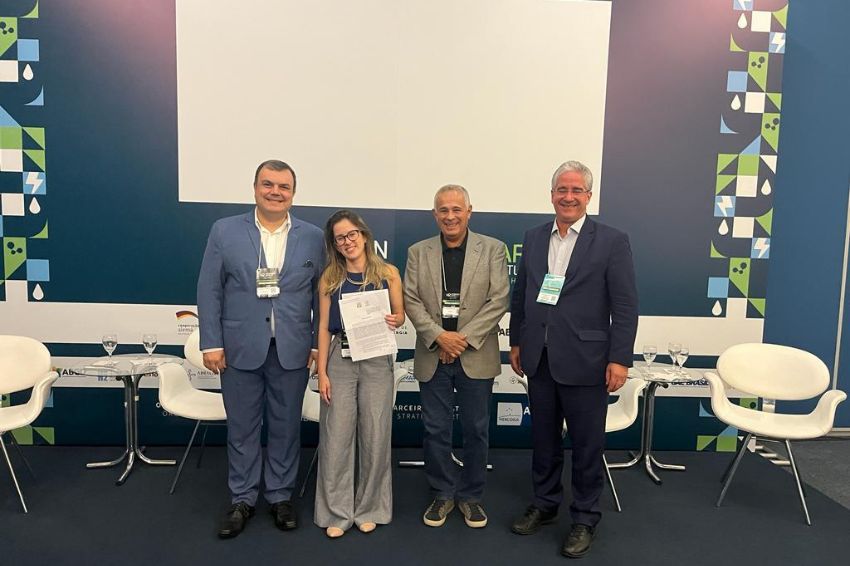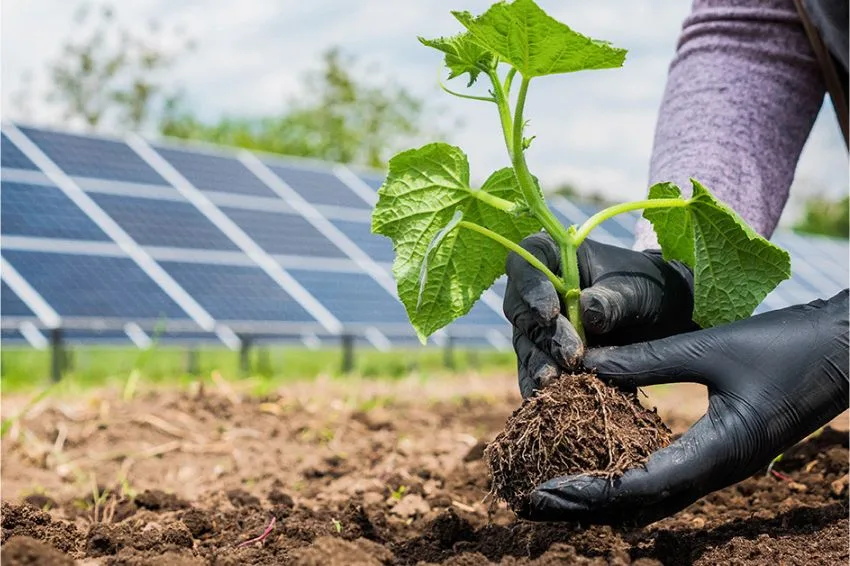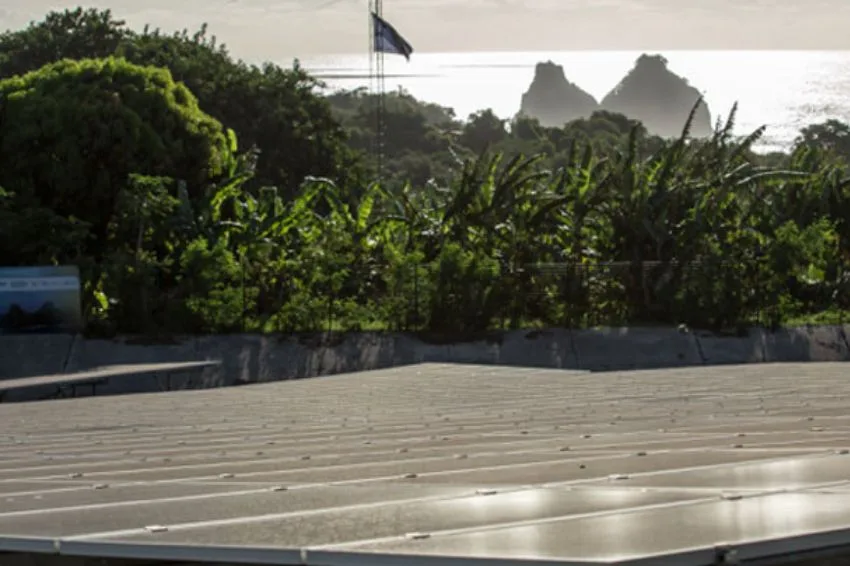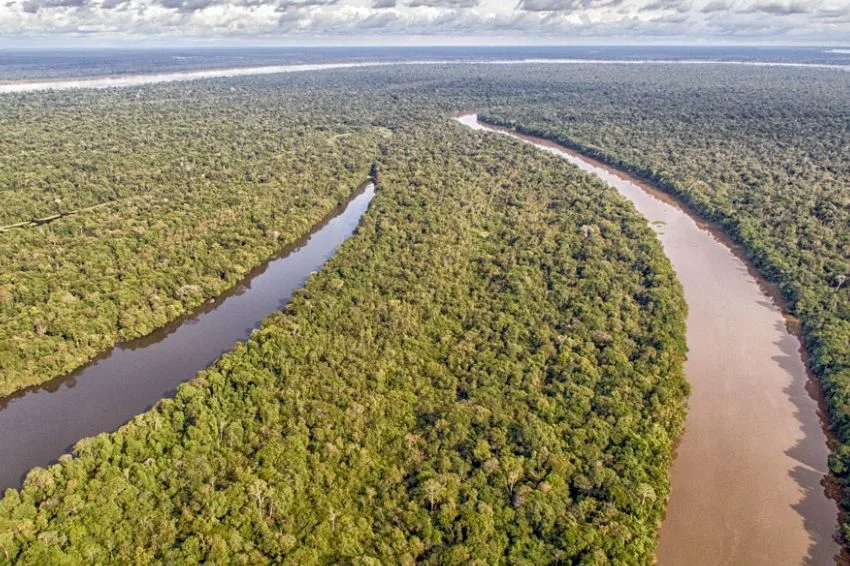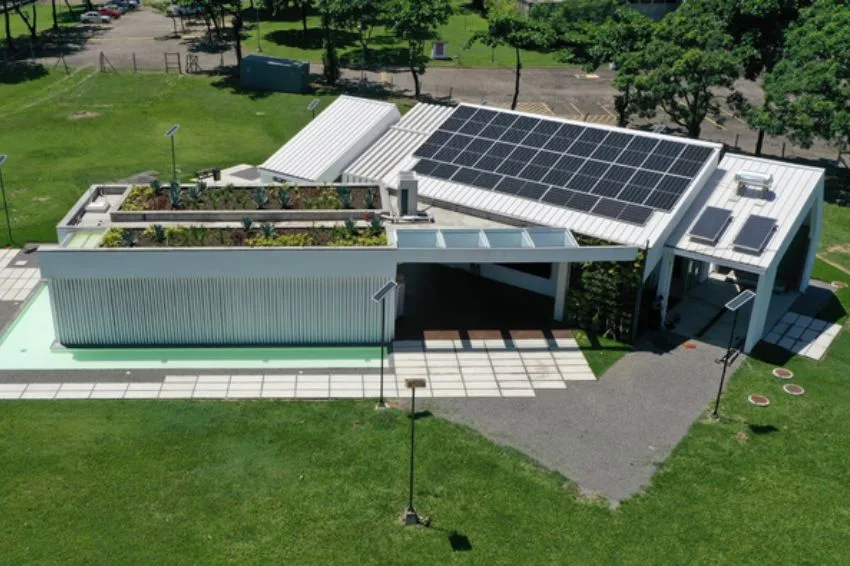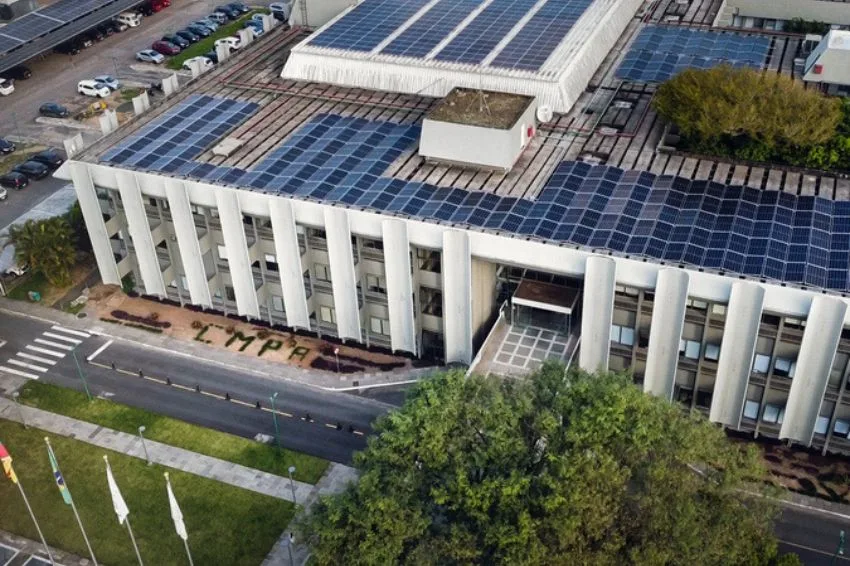A CCS Brazil, a non-profit organization that aims to develop the CCS (Carbon Capture and Storage) scenario in the country, and the INEL (National Clean Energy Institute) announced a technical cooperation agreement with the aim of stimulate and encourage production solutions for low carbon hydrogen it's from decarbonization in the Brazilian energy sector.
The announcement and signing of the cooperation agreement between the parties took place this Tuesday (20), during the event Hydrogen Expo South America, in Rio de Janeiro.
The partnership aims to disseminate information related to the energy, decarbonization and low-carbon sector, holding congresses, webinars, training, courses, studies, bulletins, sharing data and carrying out analyzes and joint publications related to these themes.
“Based on this cooperation, CCS Brasil and INEL hope to be able to take another step forward in carrying out actions that contribute to decarbonization and reduction of greenhouse gases”, say Isabela Morbach and Nathalia Weber, co-founders of CCS Brazil.
“We want to expand the incentive for the production of low-carbon hydrogen, one of the main means of capturing CO2, in addition to expanding knowledge about CCS in this segment that is so strategic for the country”, they highlighted.
Luiz Piauhylino Filho, Green Hydrogen Secretary at INEL, explained that the signing of the agreement represents the union of efforts of the institutions with the aim of meeting some of the fundamental demands of the renewable energy sector.
“The agreement is an important initiative to stimulate and enable the production of low-carbon hydrogen and will certainly contribute to the decarbonization process in the energy sector in Brazil,” he said.
According to experts, the energy sector is strategic because it can be one of the biggest beneficiaries of Carbon Capture and Storage in the country. According to data from the 1st Annual CCS Report in Brazil, the potential for capturing CO2 in the segment reaches 130 million tons per year from fossil fuels, that is, 32% of total emissions in this sector.
The number still represents 8% of total emissions considering all segments. The markets most suitable for implementing CCS projects include power generation, industrial applications and fuel production.
“In addition to the decarbonization potential, CCS can also be a low-carbon hydrogen production technology from natural gas, a fuel that is already economically viable, the use of CO2 for the production of ammonia and synthetic fuels and for the bioenergy production (BECCS), such as the production of ethanol, biomethane and other energy generation processes from biomass”, point out Isabela and Nathália.
Frederico Freitas, deputy secretary of INEL's Green Hydrogen Secretariat, explained that synthetic fuels, free of CO2, are produced when chemical reactions are promoted between H2V (green hydrogen) and CO2 Captured from the Atmosphere or some chemical or biological process.
“In other words, these are industries that need to work together to boost their operations and generate positive results to benefit the decarbonization of the sector. At this point, the partnership between INEL and CCS Brasil has a lot to help with providing specific subsidies to achieve the proposed objectives”, he concluded.


